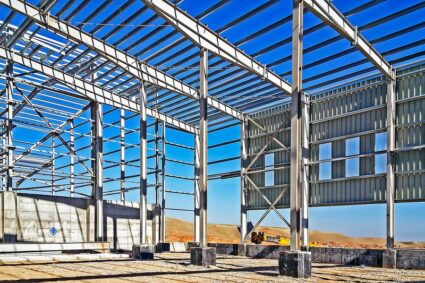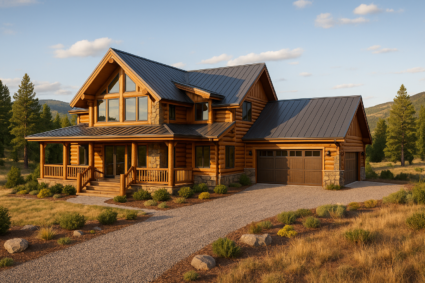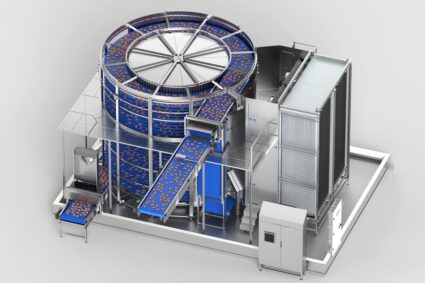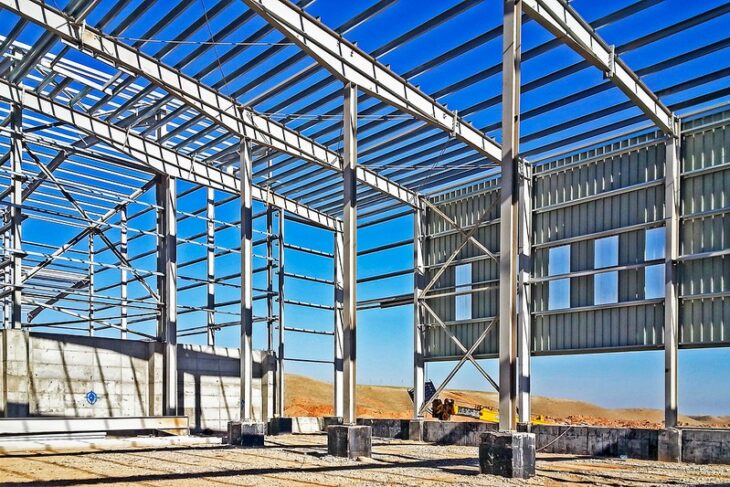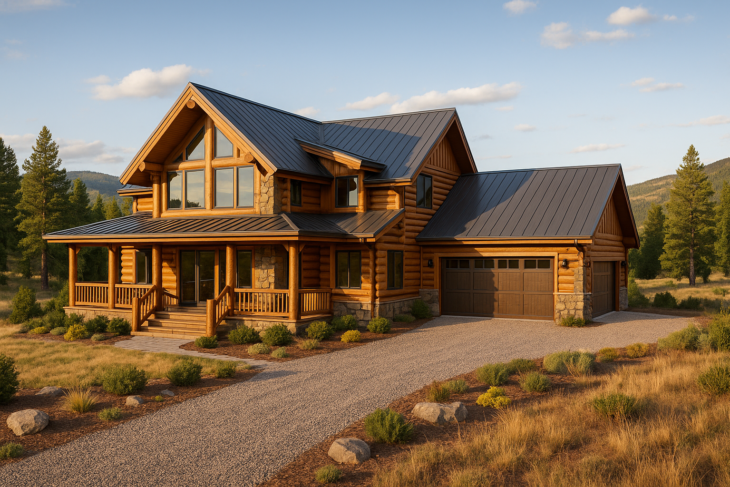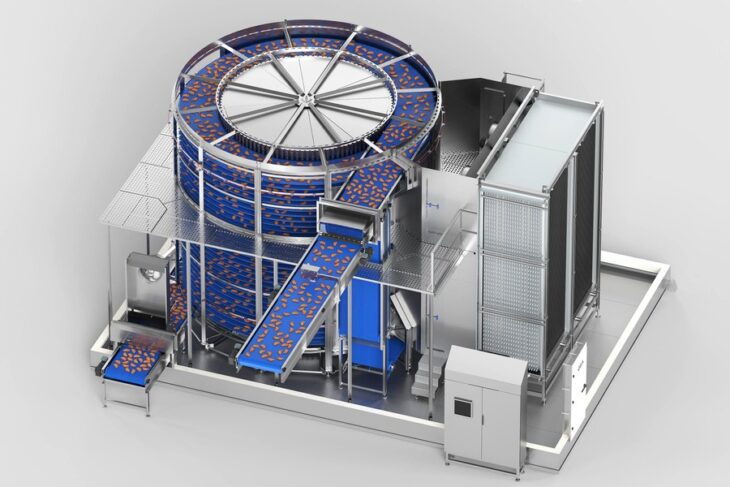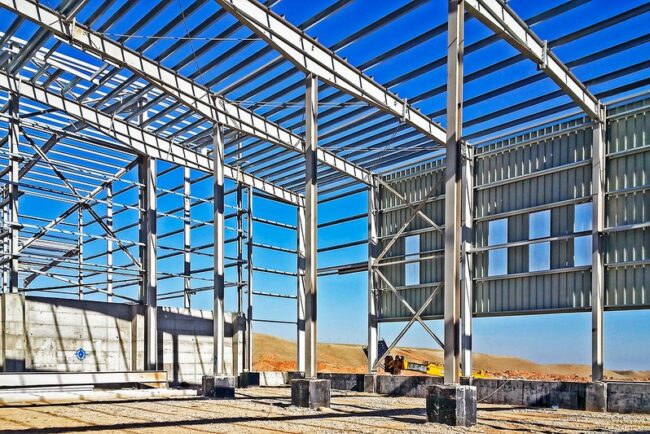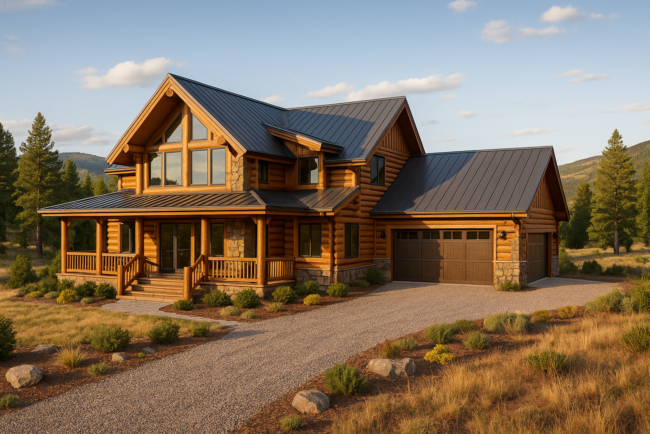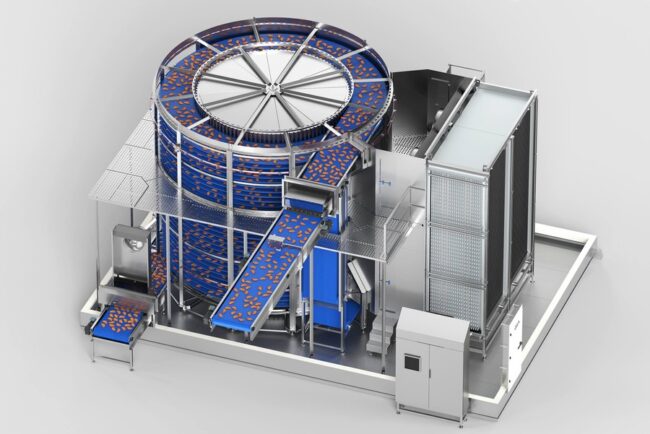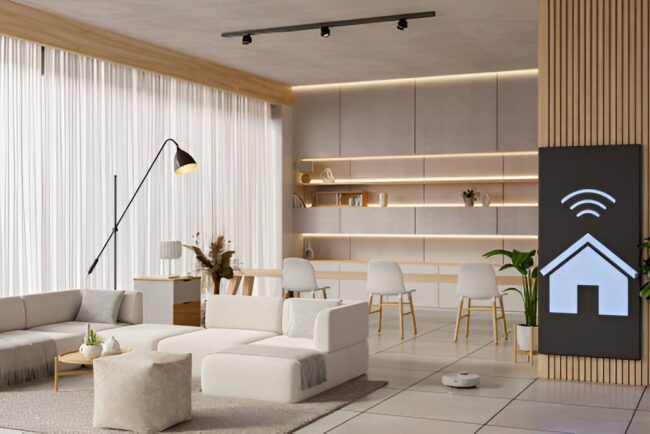
In the evolving landscape of commercial real estate, the roof is more than just a protective covering; it is an essential component that influences a building’s energy efficiency, structural integrity, and overall value. The role of a commercial roofing contractor has grown significantly in complexity, demanding a high degree of expertise, precision, and innovation to meet the multifaceted needs of today’s business properties.
A commercial roofing contractor is a specialized professional or company that focuses exclusively on the installation, maintenance, and repair of roofing systems for commercial buildings such as office complexes, warehouses, retail spaces, and industrial facilities. Unlike residential roofing, commercial roofing requires an understanding of diverse materials, complex structural frameworks, and often large-scale project management, underscoring the importance of selecting a contractor with relevant experience and technical proficiency.
One of the key distinctions of commercial roofing is the variety of materials used, ranging from single-ply membranes like TPO (Thermoplastic Olefin) and EPDM (Ethylene Propylene Diene Monomer) to built-up roofing and metal roofing systems. Each type of material offers unique advantages and challenges, and a competent commercial roofing contractor must possess comprehensive knowledge to recommend the most suitable option based on the building’s architecture, geographic location, and budgetary constraints.
At the heart of any successful roofing project lies meticulous planning and adherence to safety protocols. Commercial roofing contractors are tasked with developing detailed project plans that address potential environmental impacts, regulatory compliance, and the logistics of working within active commercial environments. The ability to minimize disruptions while ensuring the safety of both workers and building occupants is a hallmark of a top-tier contractor.
Moreover, the sustainability movement has placed new demands on commercial roofing contractors, encouraging the integration of energy-efficient roofing solutions that contribute to LEED certification and reduce overall operating costs. Innovative technologies such as green roofs, reflective coatings, and solar panel integration are increasingly becoming standard practices, requiring contractors to stay abreast of industry trends and advancements.
Commercial roofing contractors also play a vital role in the long-term maintenance and inspection of roofing systems. Regular inspections are critical to identifying early signs of wear and tear, preventing costly repairs or premature roof replacements. This proactive approach not only extends the lifespan of the roof but also safeguards the underlying infrastructure and assets housed within the building.
In conclusion, the expertise of a commercial roofing contractor is indispensable in ensuring that commercial buildings are equipped with durable, efficient, and compliant roofing systems. As the demands of commercial construction continue to evolve, partnering with a knowledgeable contractor who prioritizes quality, safety, and innovation is essential for property owners seeking to protect their investments and promote sustainable development.

